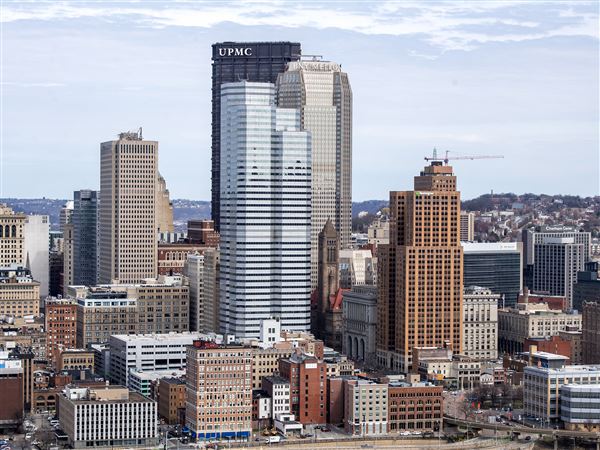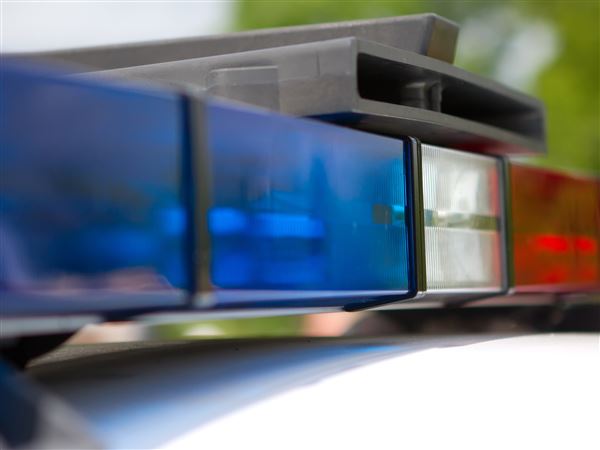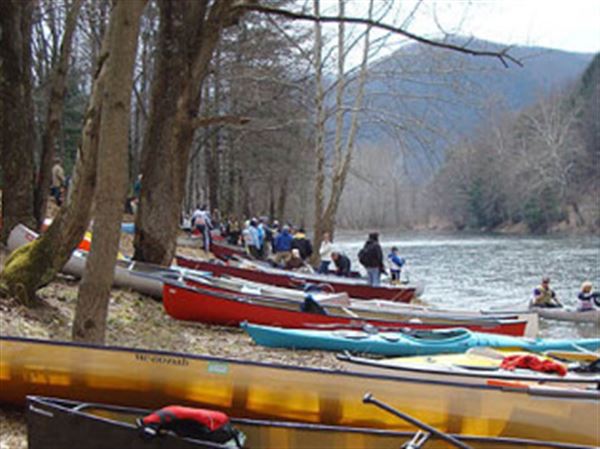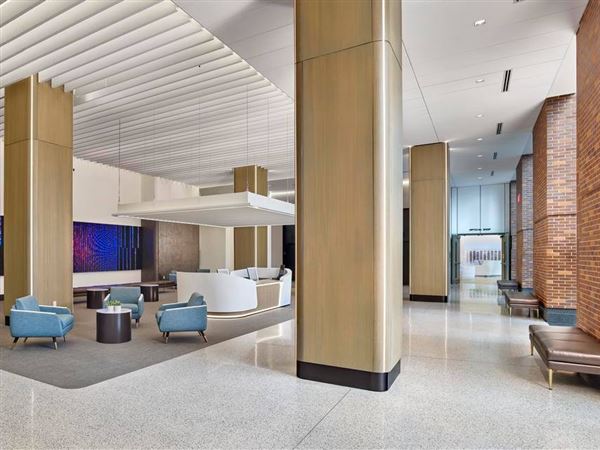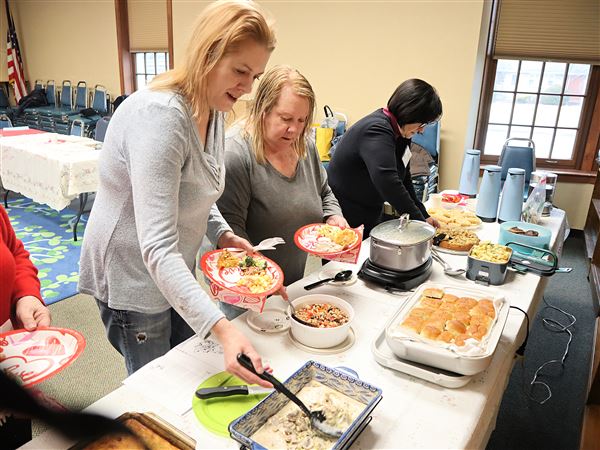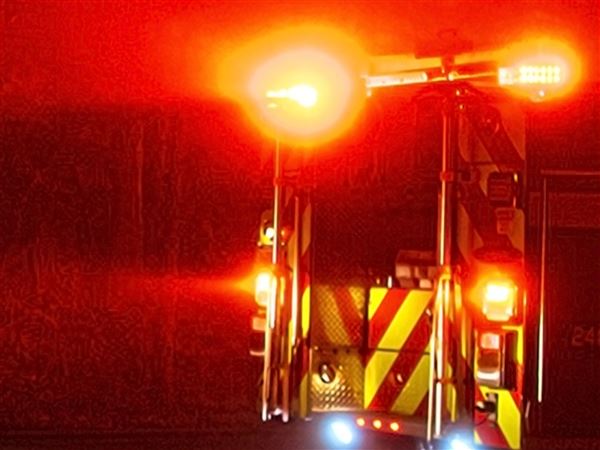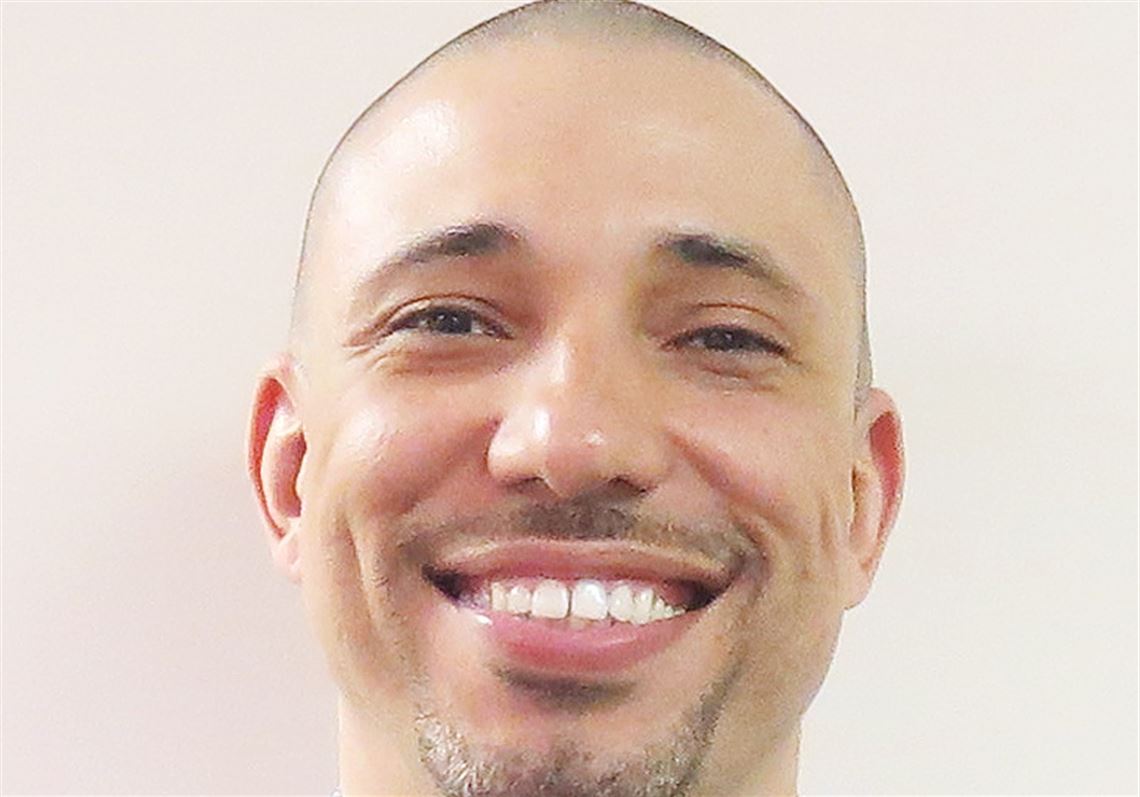Growing up in Washington, D.C., Andre Samuel, an aspiring scientist, had much easier access to basketball courts than to laboratory equipment.
"I never really had any place to foster and nurture that inner science geekdom," he said.
As he pursued his career and education, including a Ph.D. in biology from Duquesne University, he wanted to develop opportunities for urban and minority students to experience the kinds of hands-on science projects that had been so elusive to him as a young student.
He started a mentoring program that invited students into laboratories that otherwise would have been empty during summer breaks at Duquesne. Alan Seadler, Duquesne's associate academic vice president for research and technology, embraced the idea and helped secure grant funding for something bigger: an off-site biomedical laboratory open to anyone in the community who wants to learn biotechnology skills or use the equipment to conduct research or develop new products.
The Citizen Science Lab, a collaboration started by Duquesne and the economic development partnership Urban Innovation 21, opened in January in the Energy Innovation Center in the lower Hill District, with Mr. Samuel as the director.
The lab's sponsors describe it as both an educational facility with programs for students and adults, and a biotech version of the TechShop in Larimer's Bakery Square, which rents high-tech equipment to inventors and other community members to foster innovation.
It is one of only a few community biomedical labs in the nation.
"Our goal is to get anyone interested in science through our doors," Mr. Samuel said.
Students attending the lab's workshops have conducted experiments in DNA fingerprinting, witnessed microscopic predators and their prey, and learned about crystallization by making candy.
The lab's members -- amateur biologists, entrepreneurs or start-up businesses -- pay to have access to space and equipment they couldn't afford to purchase on their own.
One of the lab's members, a 14-year-old student, has been using the facility to develop a miniature kidney dialysis machine that won several awards at a recent science competition, Mr. Samuel said.
"When you ask kids, they'll tell you they think science is boring because all they do is a lot of reading. They don't get to see it," he said. "It's like reading about mountains. When you see mountains for the first time it's very different."
What's the biggest risk you've taken?
“Coming to Pittsburgh. We had no idea what was in store for us here. We came on a whim.”
-- Laura Legere: llegere@post-gazette.com.
First Published: May 14, 2015, 4:00 a.m.
